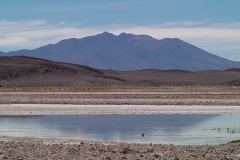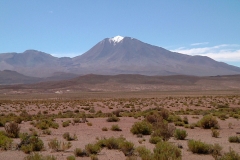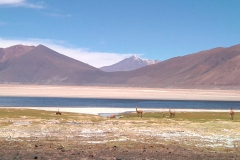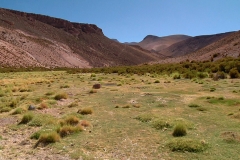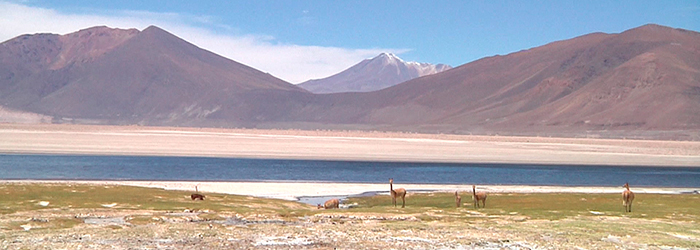Beliefs and funerary practices
Quechua beliefs and religious celebrations are similar to those of other Andean indigenous peoples. One of the main belief systems is that of “payment” to the mallkus—the guardian spirits embodied in the highest mountain summits that represent the ancestors and powers of nature. These mountain-gods are sacred to the Quechua, as they control the weather and provide all resources to the people. The people make ritual “payments” to these entities to ensure an abundant supply of grass for livestock, water for irrigation and for animal and human consumption, and minerals, as well as health, protection and prosperity for the community. The Quechua also make “payments” to the Pachamama, Mother Earth, asking her for abundant harvests. The Quechua ceremonial calendar also includes rites related to the fertility of their herds, including the Enfloramiento (in which their animals are adorned with flowers) and the Vilancha, in which a white llama is sacrificed. The ancestors are remembered and honored on the first three days of November, during Todos los Santos (All Saints) celebration, when ritual tables are set loaded with food and decorated with personal effects. When a member of the community dies, they are honored with songs and prayer for a day and a night and their clothing is washed before burial. On the one-year anniversary of their death, the yatiri (traditional healer) officiates a final farewell.
The Quechuas of Alto Loa celebrate the patron saints of their communities as part of the Catholic religious calendar. The major celebrations include Todos los Santos, the Virgen de Andacollo in the town of Cosca (in Ollagüe), and the feast of San Antonio de Padua in Estación San Pedro. All of the communities also hold traditional Andean carnivals at the end of the summer.


